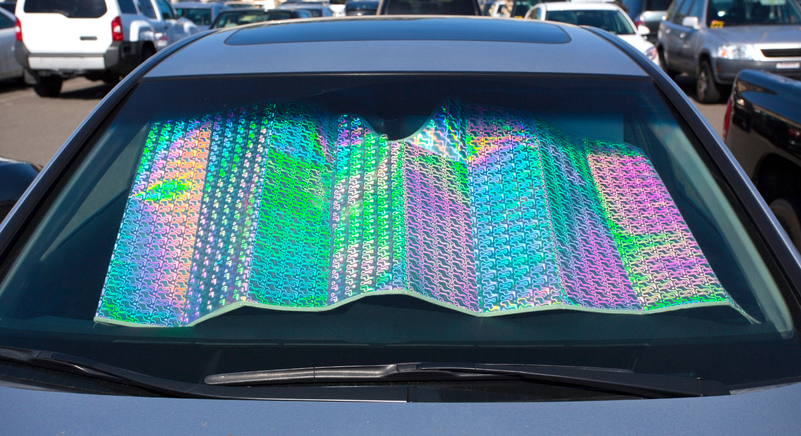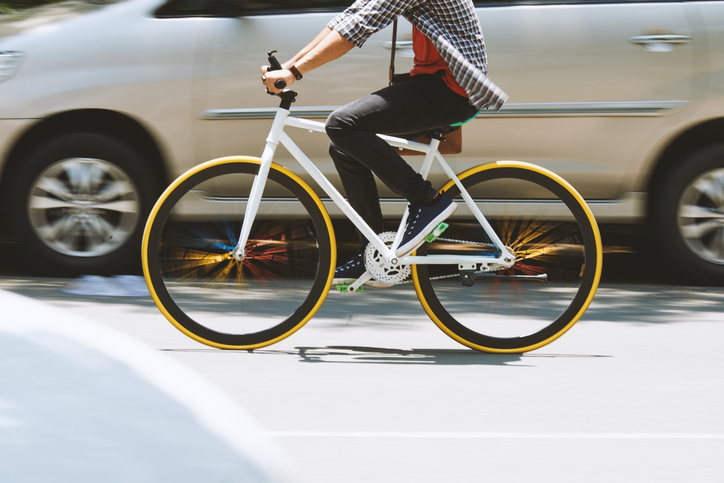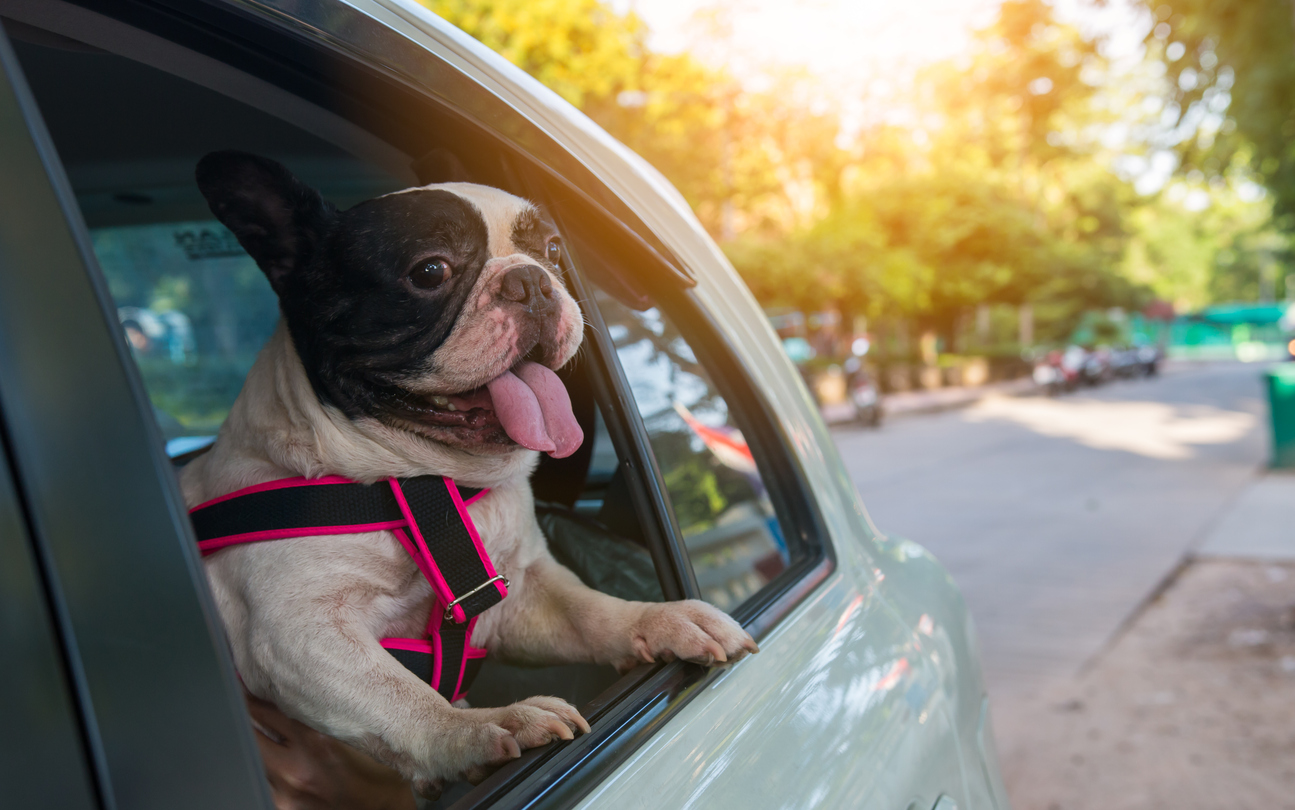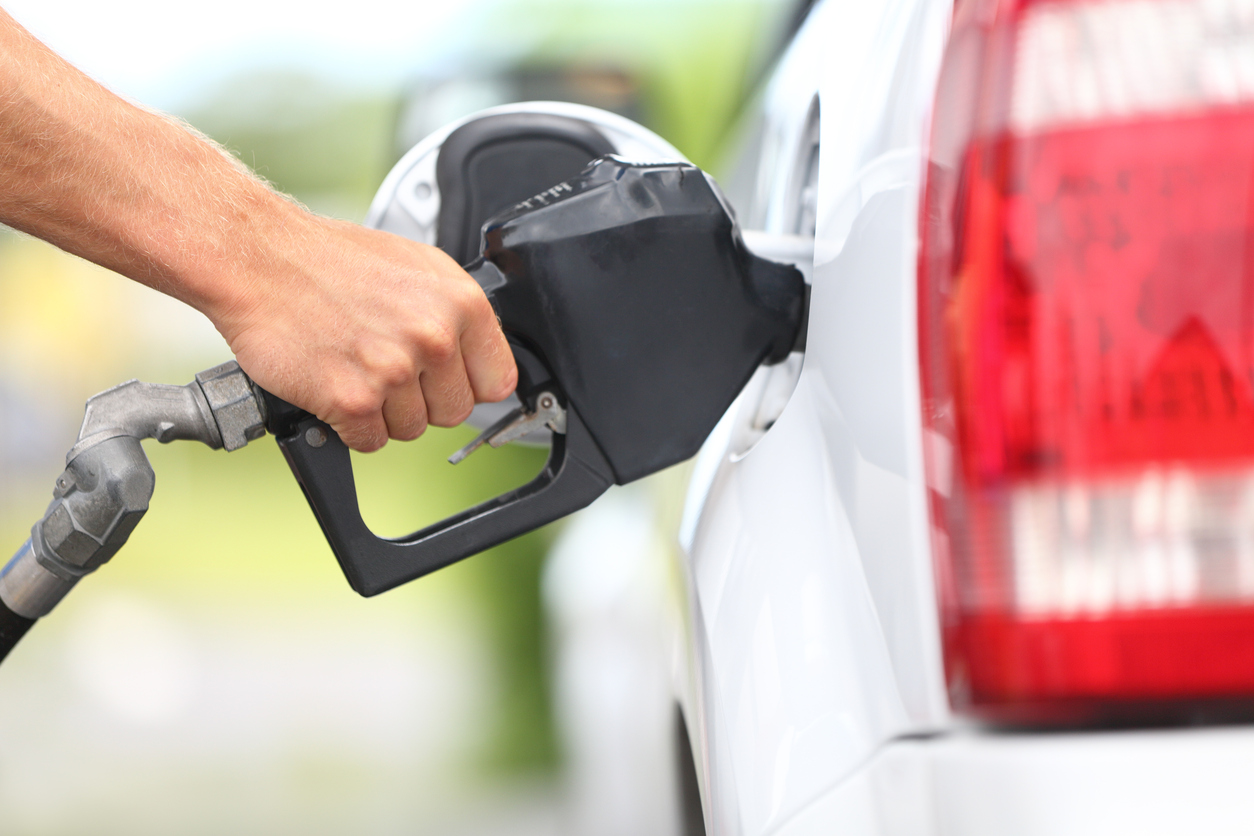Posted on 5/30/2018

With Summer on its way and the hot weather right around the corner, these tips from the Allstate Blog will help you keep your car cool this Summer. Tips for Keeping Your Car Cool in Summer If you are wondering how to keep your car cool during summer, there are plenty of simple things you can do. From maximizing your air conditioning to taking advantage of a shady spot when parking, the following tips can help you maintain a cooler vehicle on those hot and humid summer days. Block Car Windows from the Sun Cars can trap heat, causing the temperature inside them to quickly rise, says the National Weather Service. According to one test, a parked car’s temperature rose from 80 degrees to more than 94 degrees in about two minutes and reached 123 degrees within an hour. A car can reach up to 200 degrees inside, according to Consumer Reports. Reducing the amount of heat entering through your windows may help keep your car cooler, making it more comfortable when it’s time ... read more
Posted on 5/17/2018

This article on sharing the road with bikes comes from Allstate Blog. 5 Ways Drivers Can Safely Share the Road With Bikes A growing number of Americans are strapping on their helmets and hopping on their bicycles to get exercise or commute to work. In larger U.S. cities, the share of bike commuters nearly doubled between 2006 and 2014, according to the U.S. Census Bureau. For drivers, this influx may have an impact on their daily driving habits. If cyclists and drivers don’t know how to share the road, it may lead to a dangerous situation for both sides. Before you get in your vehicle, consider these five tips for safely sharing the roads with bicycles. 1. Understand That Bikes Have a Right to Be on the Road Cyclists have the same right to the road as any other vehicle, and they’re required to follow the same laws as drivers, according to the League of American Bicyclists. To help safely share the road, Greg Borzo, author of “Where to Bike Chicago,” recommen ... read more
Posted on 5/15/2018

Now that the warmer weather is here, more people are likely to be traveling with their pets. Here are some safety tips to know that All Tech Automotive wanted to share with you. This article comes from DMV.org. Traveling With Your Pet These days, you see portable pups just about everywhere―restaurants, grocery stores, and even at the movies. Thanks to a bevy of young Hollywood types toting around their mini mutts, it has become all the rage with those that follow the trends of the moment. Dress the canine in a $1,000 outfit, and you're ready for the bright lights. So our pets are traveling from point A to point B with us more than ever, whether for the traditional trip to the park for a game of fetch or to more extravagant places like the salon or mall. Regardless of whether the expedition is a quick jaunt across town or a family haul clear across the continent, there are measures you can take to make sure your best pal (whether feline or canine) is comfortable and able to make ... read more
Posted on 5/8/2018

Today’s gas pumps display a potentially confusing array of names, colors and alphanumeric symbols. Gasoline comes in five or more varieties, and that doesn’t account for diesel. Mix them up and the results may result in a ruined engine, corroded fuel lines or, if you’re lucky, no serious damage. This informative article comes from the Allstate Blog. Fuel Functionality: What If You Add the Wrong Fuel To Your Tank? What Happens When You Put Gasoline Into A Diesel Engine? “If you notice (that you’ve filled a diesel car with gasoline) before starting the engine, you just have to clean the whole system,” said Jim Gill, head of product and technology public relations communications for Volkswagen. “This primarily entails draining the fuel tank and refilling with correct diesel fuel.” But if you realize that you’ve put gasoline into your diesel engine, don’t drive it or your engine may suffer serious damage. You’ll need it ... read more
Posted on 5/1/2018
.jpg)
More and more vehicles are making it well past 100,000 miles today, but how far can you push your car? This article that we wanted to share with you comes from the Allstate Blog. High-Mileage Cars: Is 200,000 the new normal? In the 1960s and 1970s, many automobile odometers did not even read beyond 99,999 miles. Hit 100,000, and the odometer “flipped” or turned back to zero. But now, thanks to tougher quality standards and post-recession financial concerns, Americans are driving their cars longer than ever before, says IHS Markit, and high-mileage cars may now be the rule, not the exception. Are 200,000 miles the new 100,000 miles? The average age of light vehicles (cars and trucks) on U.S. roads increased to 11.6 years, according to IHS Markit. The trend of holding onto vehicles longer continued through the end of 2015. The average length of ownership was 79.3 months, more than 1.5 months longer than reported in 2014. For used vehicles, that number is approximately 66 mo ... read more